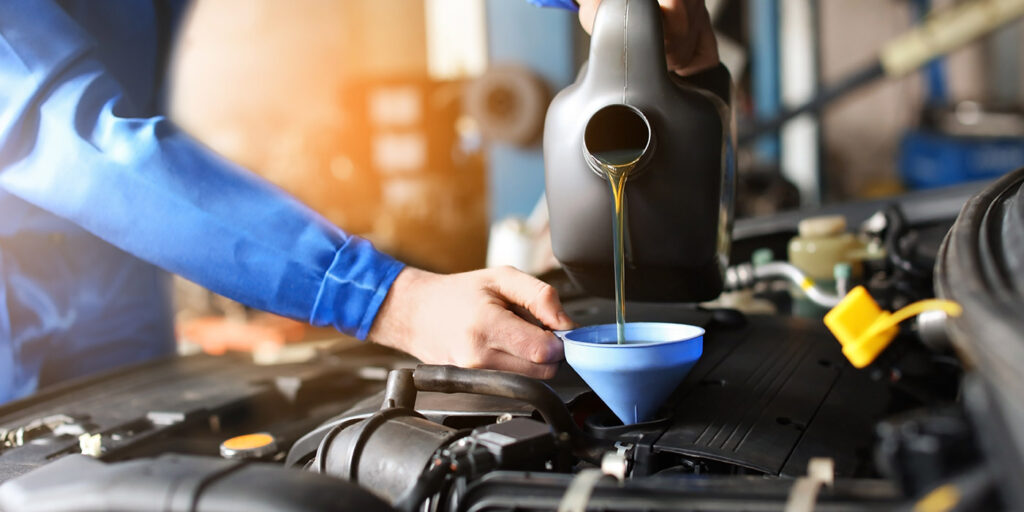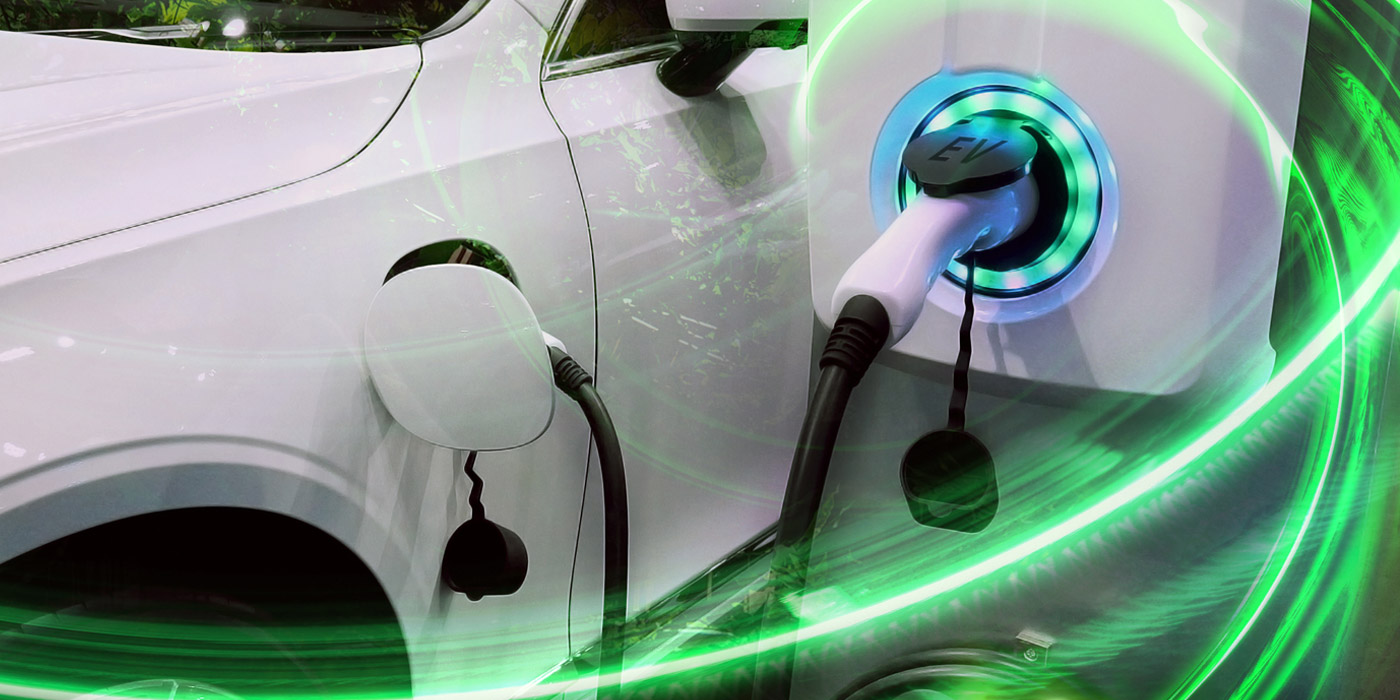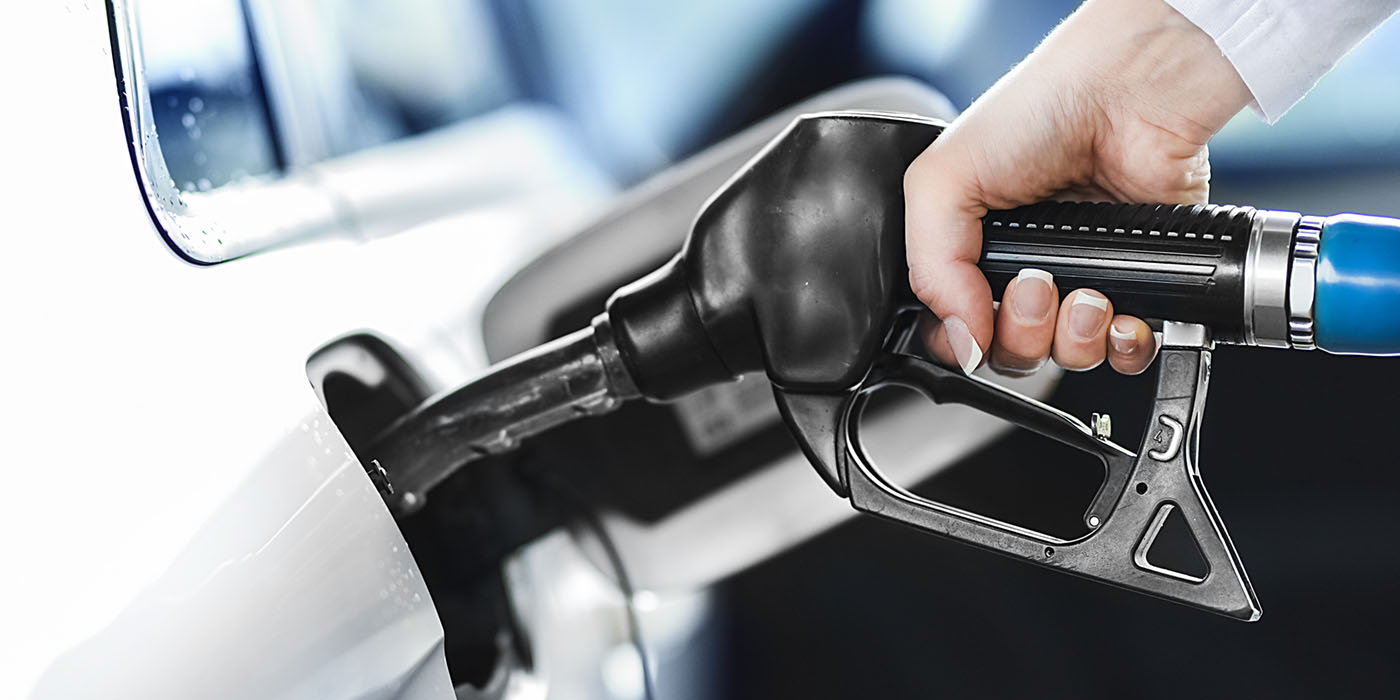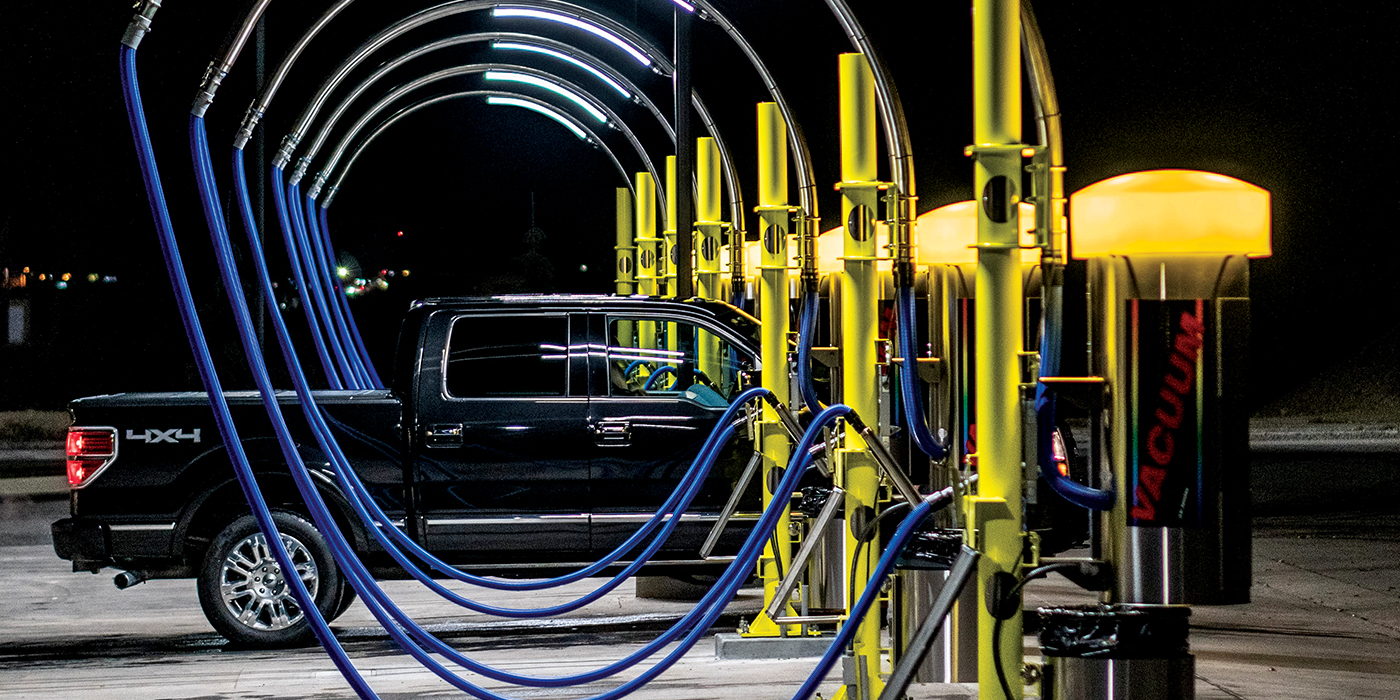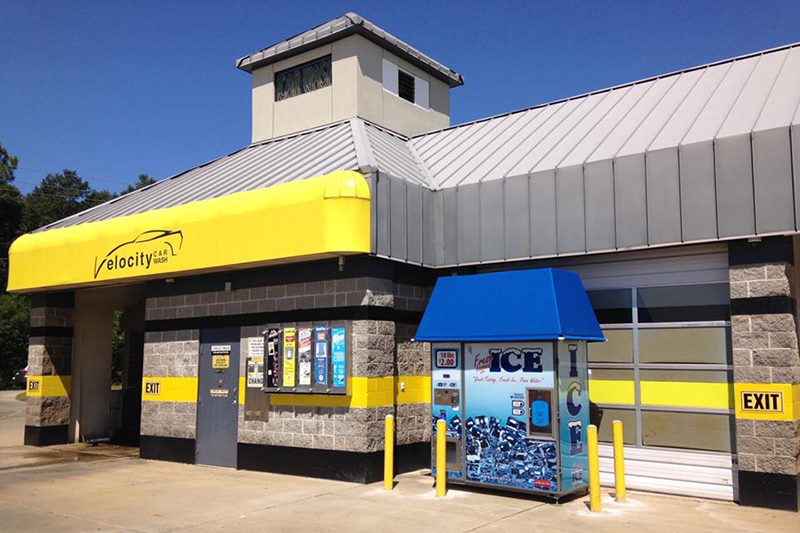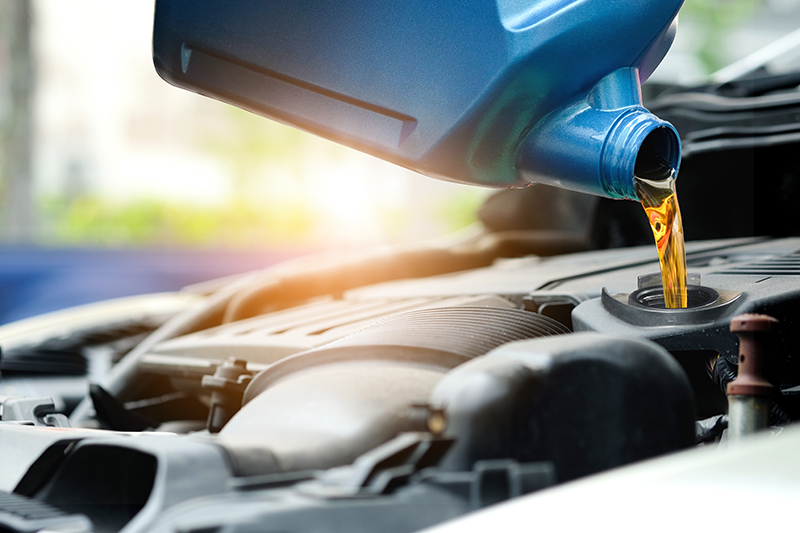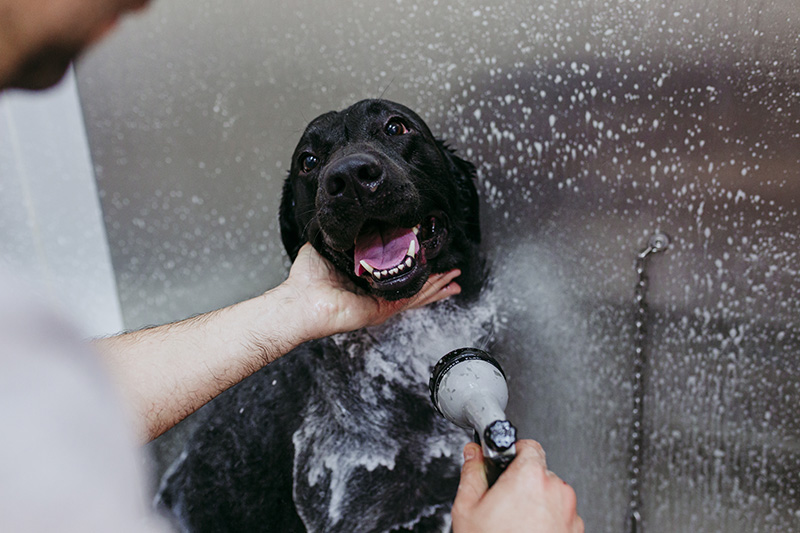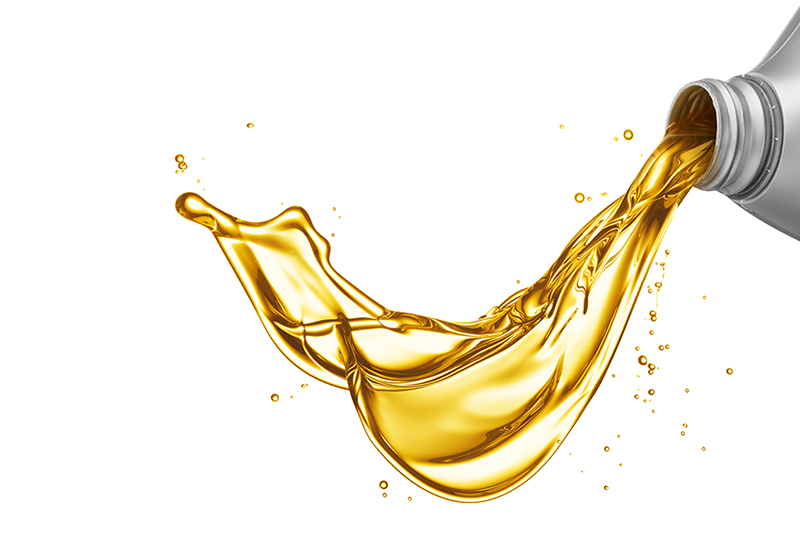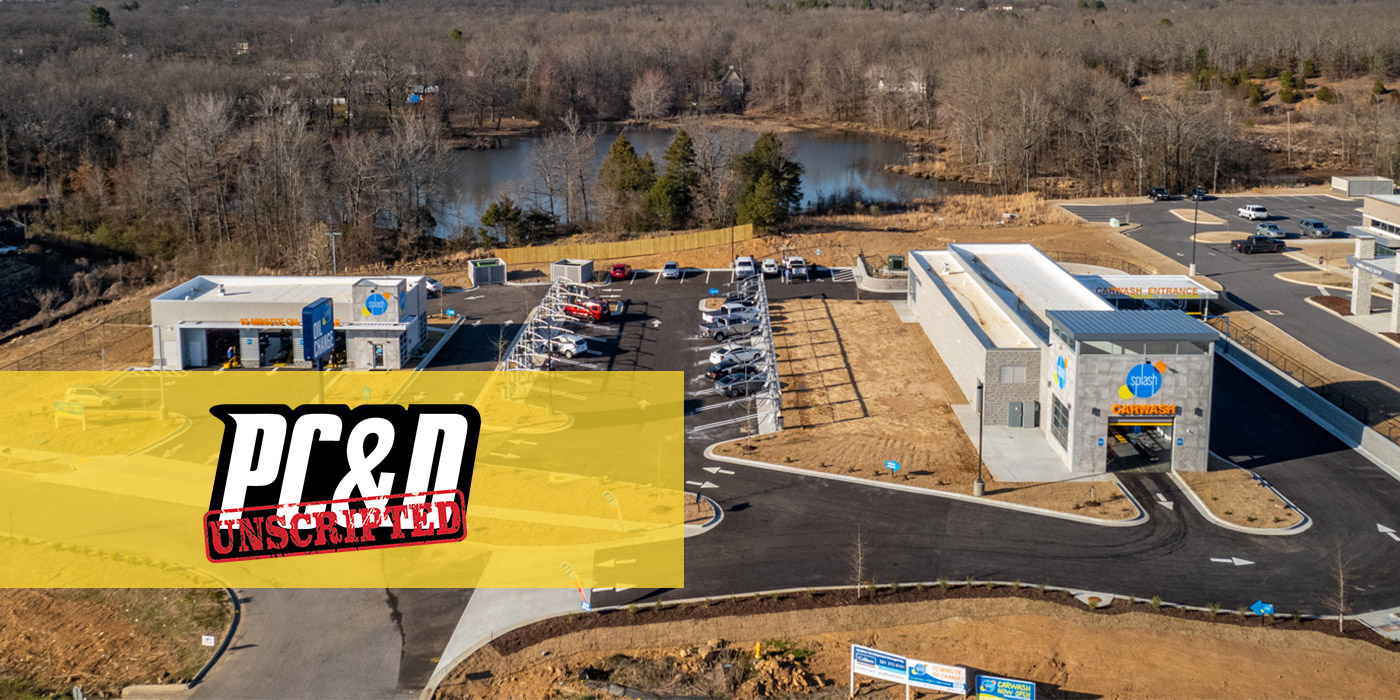You may be thinking about adding oil changes to your carwash or detailing service. A new offering like this is a great opportunity to grow your business and improve your brand identity, but it also presents some unique challenges that you need to prepare for.
Evaluate your business
Before expanding your business, you need to do an honest assessment to see if you can afford the risk. Make sure your company checks these three boxes:
- You make steady profits.
- You have a loyal customer base.
- Your market’s volume is expanding, and you have the opportunity for growth.
Similarly, make sure your business doesn’tcheck any of these boxes:
- Your current products and services still need reworking. Focus on perfecting the existing parts of your business first.
- Your competition is increasing. Don’t feel compelled to add a new feature because of new competitors. Stick to what you do best and force others to make the first move.
- Your employees are hesitant about the idea. If you don’t have the support of your team members, the plan likely won’t work. Listen to their perspective and keep an open mind.1
Ask yourself the tough questions
Your business might be in stable condition and can afford to add a new service, but you also need to evaluate the offering itself. Ask yourself a few questions to determine if it’s worth your investment:
- Will the service enhance your business?
- Will it improve the experience of your existing customers?
- Do you have the resources to implement it into your operations?
- Does it fit with your current business plan?
- How does it factor into your long-term goals?
Answering these questions will help you understand how muchrisk you will take. Now it’s time to weigh the pros and cons of the service in question: oil changes.
Pro: Brings you closer to a one-stop service
Adding oil changes to your carwash’s repertoire will bring you one step closer to becoming a one-stop service provider. When your customers arrive to get their vehicles cleaned, notify them of your recent addition and consider giving them a free consultation on what oil they need.
This reason alone might be enough incentive, as one-stop service is the final goal for most car service providers. However, before you invest, you should know the ins and outs of the industry in question.
Con: Oil is a declining industry
The oil and gas industry finds itself in a slow decline due to several influential factors:2
- Renewable energy is becoming cheaper and more widely available.
- Sales in electric vehicles have increased.
- World governments are enacting stricter climate regulations that negatively affect fossil fuel industries.
Pro: Oil is still an essential service
Despite the industry’s decline, oil changes are still an essential service for most people and will remain that way for several decades to come. In fact, in response to the electric revolution in the automobile industry, some people have ditched their electric cars and doubled down on gas-powered vehicles.3
As Rich DiPaolo, associate publisher — editorial of Professional Carwashing & Detailing magazine, coherently states in his article, “Fuel for thought,” the potential for oil and gas services remains promising despite the industry’s global slump.4
“Simply put, your customers are spending more money upfront for their vehicles, and they intend to keep them longer than ever before. This places an onus on car care businesses — including carwashes, quick lubes and gas stations — to deliver quality, value and skilled service with convenience without exception,” writes DiPaolo.
Your business can help customers stick to their intentions by providing convenient oil changes along with your other services.
Con: It’s more complicated than you think
In the past, car service companies could provide two or three oil grades, and the average employee could perform the changes. Today, things are more complicated. Between conventional, synthetic, high mileage and other synthetic oil blends, you will have to provide at least the following commonly used grades, if not more:
- 5W-30
- 5W-40
- 10W-30
- 10W-40
- 15W-40
- 20W-50.
Those are just the basics. If some of your customers drive vintage cars or other unique vehicles, you’ll also need special multigrade oils for them.5
Oil changes require more experience and expertise than they used to, so employees need to be thoroughly trained, and you need at least one skilled mechanic on hand. Adding this service means you must fully commit and will likely have to invest significant resources into training and hiring new workers.
Pro: You have an opportunity to stand out
The complication of oil maintenance has some silver lining: You can use it as an opportunity to stand out and attract new customers. The various grades to choose from means you can offer package deals or specialize in a handful of them.
If you service many vintage cars, you can promote multigrade oils and create a cult following of auto enthusiasts over time. You can also specialize in oils with lower viscosity, such as 5W-40 if you live in a cold climate or high-viscosity oils like 15W-40 in warmer temperatures.
You can go a step further and make oil changes the focal point of a marketing campaign or even a theme or brand shift. You have a unique opportunity to make waves in your community any time you add a new product or service. If you decide to add oil changes to your service, tell everyone in a loud, bold voice.
Bonus Pro: You can foster customer loyalty
Just as you use a new service to attract new customers, you can also give your frequent customers a reason to stay. Your maintenance packages and loyalty incentives can always benefit from fresh features. Add oil changes to these programs at a lower price and remind your most loyal clients how much you value them.
You could also use oil changes to persuade semi-new customers to sign up for your memberships. Include a personalized deal centered around oil changes to impress them and instill loyalty while promoting your new service.6
Preparing for launch
Now that you have weighed the pros and cons, you can make an informed choice on which road to take. Ultimately, you should base your final decision on the current state of your business and if it can afford the risk.
If you are making steady profits and don’t see a reason to change, that’s understandable.
On the other hand, if you think your business needs a breath of fresh air, a new service could be just what you need.
Before you launch anything, remember the fundamentals:
- Research the competitors for the new service.
- Identify your target audience.
- Develop a marketing strategy.
You should begin promoting your service well before its release to raise awareness. Slowly leak your information around town and hint at the special deals you have planned. After launching, use the tips mentioned above to attract new customers and keep your loyal ones happy.
It’s just good business
Adding a new product or service is a risky move, no matter the state of your business or industry. The oil sector is slowly declining and becoming more convoluted, but that doesn’t mean your customers value the service any less. In fact, that might lead them to appreciate it even more.
It all comes down to your capability and willingness to devote resources to the project. If your business is stable and you’re prepared to commit, by all means, expand your services to include oil changes.
Oscar Collins is the founder and editor-in-chief of Modded, where he writes about cars, car trends and auto news. Follow him on Twitter @TModded for frequent updates on his work.
Sources
2 https://www.ewg.org/news-insights/news/oil-and-gas-industry-decline
4 https://www.carwash.com/fuel-thought/
5 https://www.machinerylubrication.com/Read/204/multigrade-oil
6 https://flygv.com/blog/how-to-impress-clients-and-win-more-business

